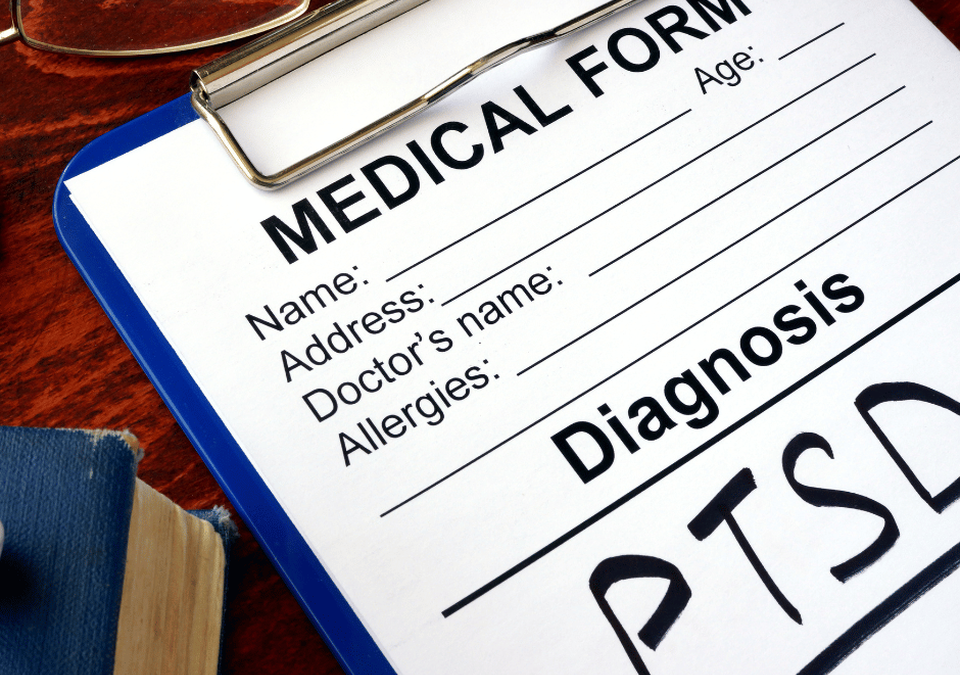Why Choose TBI Law for PTSD Claims?
At TBI Law, we specialise in supporting individuals seeking compensation for PTSD caused by workplace incidents. With extensive experience and a compassionate approach, we are dedicated to securing the best possible outcomes for our clients.
Proven Expertise in PTSD Compensation Claims
Our solicitors are highly experienced in handling PTSD claims, particularly those linked to workplace trauma or long-term stress. We have a strong track record of success in securing maximum compensation for clients, ensuring justice is served. With in-depth knowledge of UK Health and Safety laws and employer negligence cases, we build robust claims that demonstrate the full impact of PTSD on your life.
Personalised and Empathetic Support
We understand that PTSD is a deeply personal condition that affects everyone differently. That’s why our team takes the time to understand your unique experiences. From the initial consultation to the resolution of your claim, we guide you with empathy and care. Our aim is to make the process as stress-free as possible, so you can focus on your recovery.
No-Win, No-Fee Representation
At TBI Law, we believe everyone deserves access to justice. Our no-win, no-fee policy means you won’t face financial risks when making a claim. This approach ensures you can pursue compensation without worrying about upfront costs, allowing you to focus on achieving the outcome you deserve.
Comprehensive Legal Guidance
We handle every aspect of your claim with precision and professionalism. Our team assists with gathering crucial evidence, including medical records, witness statements, and incident reports. We also excel in proving employer negligence, demonstrating how unsafe working conditions or a lack of support contributed to your PTSD.
Transparent Communication
Clear communication is at the heart of what we do. From start to finish, we keep you informed about your claim’s progress and provide straightforward answers to your questions. You’ll never feel left in the dark.
A Client-Focused Approach
Our focus goes beyond compensation. We prioritise your wellbeing, helping you access mental health resources and support where needed. By addressing both your legal and emotional needs, we ensure a holistic approach to your case.
Frequently Asked Questions (FAQs)
How Long Do PTSD Claims Take?
The length of a PTSD claim varies depending on the complexity of the case. Straightforward claims, where liability is clear and evidence is strong, can often be settled within six to twelve months. However, more complex cases, such as those involving disputed employer negligence or extensive medical evidence, may take longer—often up to two years or more. Factors affecting the timeline include the availability of medical reports, how quickly evidence can be gathered, and whether the case goes to court. Working with our experienced solicitors can help streamline the process and ensure your claim progresses as efficiently as possible.
Can Part-Time Workers Make a Claim?
Yes, part-time workers are fully entitled to make a claim for PTSD caused by workplace incidents. Employment status does not affect your right to a safe working environment. Contractors, part-time employees, and even visitors to the workplace can file a claim if their PTSD resulted from an incident caused by employer negligence. For example, if unsafe working conditions, harassment, or a lack of mental health support contributed to your condition, you have grounds for compensation. Employers owe a duty of care to everyone in their workplace, regardless of hours worked or contract type.
What Are the Time Limits for Making a Work-Related PTSD Claim?
In the UK, you usually have three years from the date of the traumatic incident to file a PTSD claim. If the symptoms emerge later, the time limit starts from the date of diagnosis. Consulting a solicitor as soon as possible is crucial to ensure you meet these deadlines.
What Support Can I Access While Making a PTSD Claim?
During the claims process, you can access various support options, including counselling, therapy, and legal advice. We operate on a no-win, no-fee basis, ensuring financial concerns don’t prevent you from pursuing justice. In some cases, employers may also offer support programmes to assist in recovery.
What If My Employer Denies Responsibility?
If your employer denies responsibility, you can still pursue legal action and seek compensation. The key to a successful claim is providing strong evidence, such as medical records, witness statements, and incident reports, that prove the link between your PTSD and workplace conditions. An experienced solicitor can help you build a robust case and challenge any denial from your employer. Many PTSD claims are resolved through negotiation, but if necessary, your solicitor can take the case to court to ensure you receive the compensation you deserve. Remember, employer denial does not mean you’re ineligible to claim—it simply highlights the importance of expert legal guidance.
Get In Touch Today
Now is the time to take action immediately if your employers have shown negligence in the workplace. You can book a consultation with an experienced solicitor in your area here: Hartlepool, Stockton, Barnard Castle, Sunderland and Wynyard.
Or you can call our friendly team today on 01429 264101, to receive tailored advice regarding your work-related PTSD claim. Get the compensation you deserve for your work accident PTSD claim with TBI Law today







